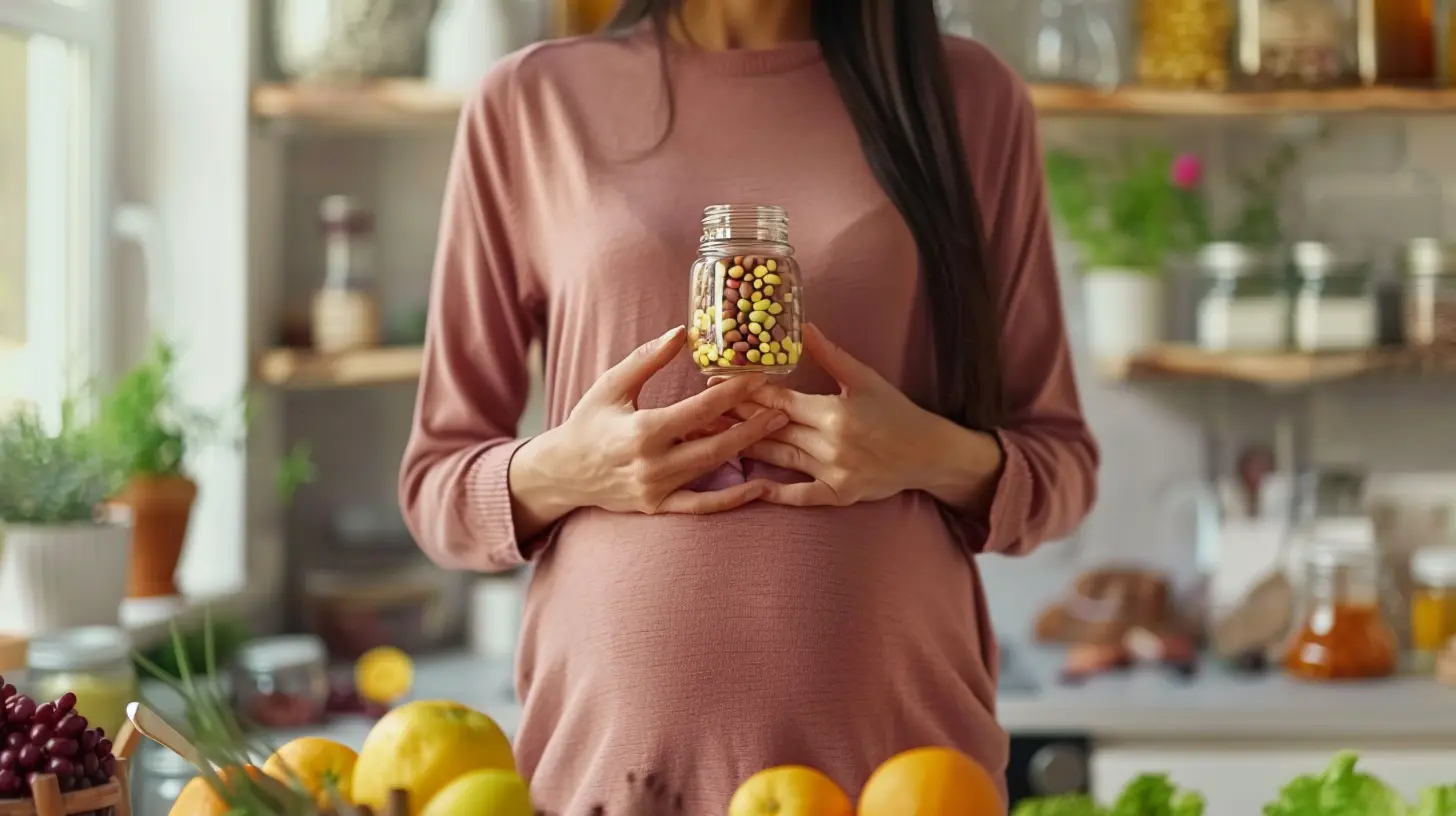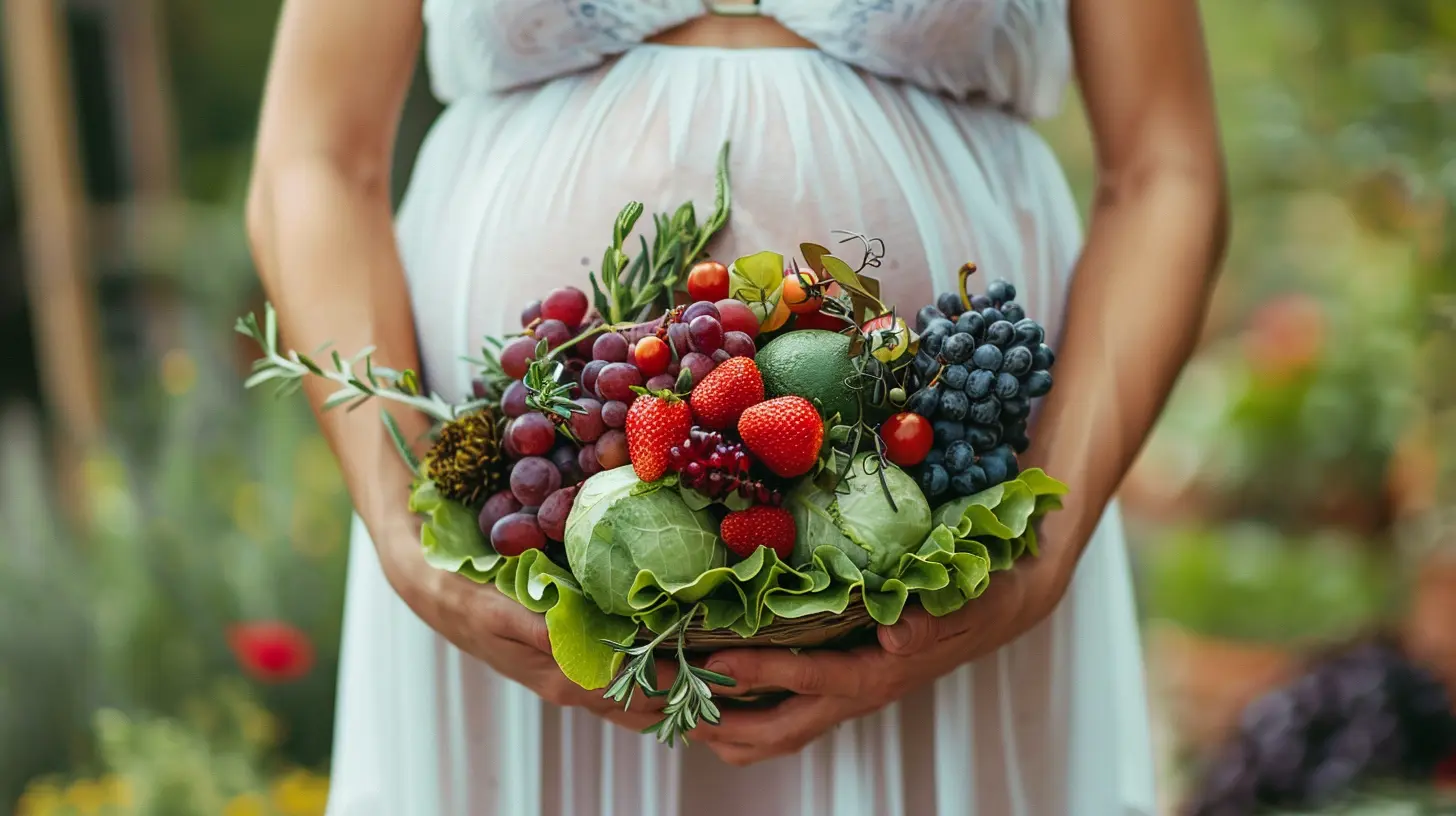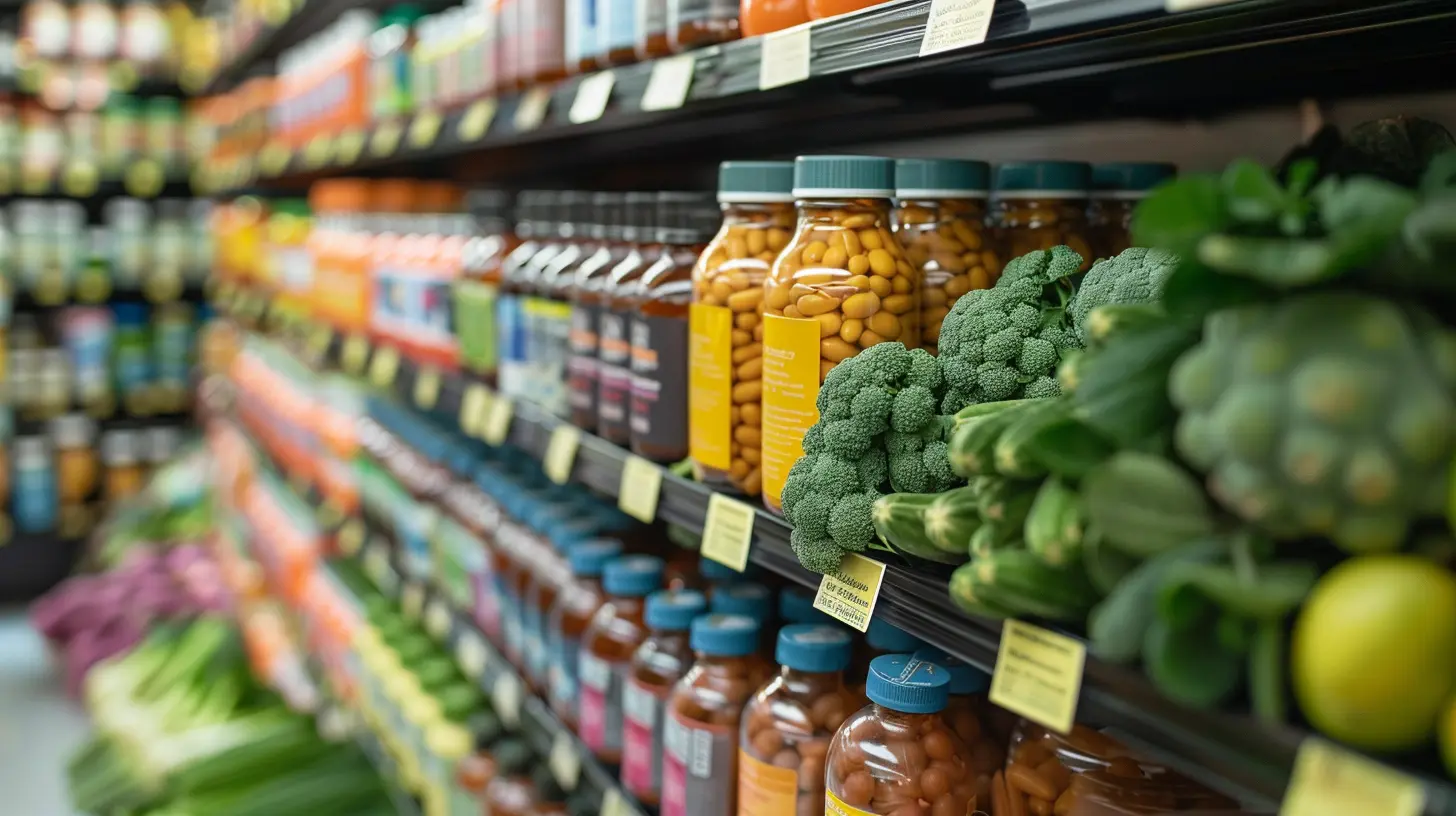Supporting a Healthy Pregnancy with Probiotics
13 June 2025
Pregnancy is one of the most exciting yet challenging phases of a woman's life. Your body is working overtime to create and nurture a tiny human, and that requires a whole lot of love, care, and the right nutrients. While most moms-to-be focus on eating a balanced diet, taking prenatal vitamins, and getting enough rest, one crucial factor often gets overlooked—gut health!
Yep, you read that right. Your gut—a bustling community of bacteria—plays a major role in your overall well-being, and during pregnancy, it becomes even more important. This is where probiotics step in as your gut’s best friend.
But how exactly do probiotics support a healthy pregnancy? And should you be adding them to your daily routine? Let’s dive deep into the world of probiotics and discover how they can help both you and your baby. 
What Are Probiotics?
Before we get too ahead of ourselves, let’s first break down what probiotics actually are.Probiotics are live, friendly bacteria that provide a multitude of health benefits when consumed. They naturally occur in fermented foods like yogurt, sauerkraut, and kimchi, but you can also take them as supplements.
These beneficial microbes help to balance the gut microbiome, which is a community of trillions of bacteria living in your digestive system. A well-balanced gut microbiome is essential for digestion, immunity, and even mental well-being—all of which are crucial during pregnancy. 
The Link Between Gut Health and Pregnancy
During pregnancy, hormonal changes, dietary shifts, and even stress can throw your gut microbiome off balance. This can lead to unpleasant symptoms like bloating, constipation, or even an increased risk of infections.A healthy gut plays a vital role in:
- Boosting immunity – Your immune system works hard to protect both you and your baby. Since a significant portion of the immune system is housed in the gut, having a well-balanced microbiome can improve your body’s ability to fight infections.
- Nutrient absorption – You’re not just eating for yourself anymore! Your ability to absorb essential nutrients like folic acid, iron, and calcium is critical for your baby’s growth.
- Reducing inflammation – Chronic inflammation can contribute to pregnancy complications. Probiotics help lower inflammation, promoting a healthier environment for your baby.
- Supporting mental well-being – Ever heard of the gut-brain connection? A healthy gut can help reduce anxiety and stress, keeping you in a better mood during your pregnancy journey. 
Benefits of Probiotics During Pregnancy
Now that we understand the importance of gut health, let's take a closer look at how probiotics specifically support a healthy pregnancy.1. Improved Digestion and Reduced Constipation
Constipation is one of the most common pregnancy complaints, thanks to hormonal changes and the growing baby pressing against your intestines. Probiotics help by regulating bowel movements and softening stool, making it easier to go without discomfort.2. Lower Risk of Gestational Diabetes
Gestational diabetes affects about 10% of pregnancies and can pose risks for both mom and baby. Studies suggest that taking probiotics, particularly Lactobacillus and Bifidobacterium strains, can help regulate blood sugar levels and reduce the likelihood of developing gestational diabetes.3. Strengthened Immune System
A pregnant woman’s immune system adapts during pregnancy to protect both herself and her baby. Probiotics help by enhancing immune function, reducing the risk of infections, colds, and even allergies in newborns.4. Reduced Risk of Preterm Birth
Preterm birth (before 37 weeks) can come with serious health complications for the baby. Research suggests that certain probiotic strains may reduce the risk of premature birth by lowering inflammation and preventing bacterial infections in the reproductive tract.5. Less Risk of Preeclampsia
Preeclampsia is a potentially dangerous pregnancy condition marked by high blood pressure and organ damage. Some studies have found that probiotic consumption, particularly from fermented dairy products, may lower the risk of developing preeclampsia by improving blood pressure regulation.6. Better Vaginal Health
A healthy vaginal microbiome is just as important as a healthy gut! Probiotics help maintain a balance of good bacteria in the vaginal tract, reducing the risk of infections such as bacterial vaginosis and yeast infections, which can be more common during pregnancy.7. Reduced Risk of Infant Eczema and Allergies
The health of your gut also impacts your baby’s future health. Research suggests that taking probiotics during pregnancy may help reduce the chances of eczema, food allergies, and asthma in newborns by promoting a healthier immune response.
How to Add Probiotics to Your Diet
Now that you know the benefits, the next big question is: How do you get more probiotics into your diet?1. Eat Probiotic-Rich Foods
The easiest way to incorporate probiotics is through fermented foods, such as:- Yogurt – Look for varieties with “live and active cultures.”
- Kefir – A fermented milk drink packed with probiotics.
- Sauerkraut – Fermented cabbage full of good bacteria.
- Kimchi – A spicy Korean fermented dish.
- Miso & Tempeh – Fermented soy products loaded with beneficial microbes.
2. Take a Probiotic Supplement
If you’re not a fan of fermented foods, probiotic supplements can be an excellent alternative. When choosing a supplement:- Look for one containing a diverse range of strains such as Lactobacillus, Bifidobacterium, and Saccharomyces boulardii.
- Go for a product with at least 10-20 billion CFUs (colony-forming units).
- Pick a probiotic specifically designed for pregnancy to maximize benefits.
3. Feed Your Gut with Prebiotics
Probiotics need fuel to thrive—this is where prebiotics come in. Prebiotics are fiber-rich foods that help beneficial bacteria grow. Some great sources include:- Bananas
- Oats
- Garlic
- Onions
- Asparagus
- Apples
Are Probiotics Safe During Pregnancy?
For the most part, yes! Probiotics are considered safe during pregnancy and are even recommended by many healthcare professionals due to their numerous benefits. However, discussing any new supplement with your doctor before taking it is always a good idea.Most research indicates that probiotic use does not pose any risks to mom or baby, but if you have immune system concerns or underlying health conditions, your doctor can guide you towards the safest options.
Final Thoughts
Pregnancy is a beautiful yet demanding journey, and taking care of your gut health with probiotics can make a world of difference. From better digestion to a stronger immune system, these friendly microbes can help you feel better and support your baby’s development.Whether you choose to get probiotics through food or supplements, giving your gut the love it deserves is one of the best gifts you can give yourself and your little one. So, why not start today? Your body—and your baby—will thank you!
all images in this post were generated using AI tools
Category:
Pregnancy HealthAuthor:

Laura Hudson
Discussion
rate this article
2 comments
Cassandra Wagner
This article highlights the promising role of probiotics in promoting maternal health and fetal development. It's essential to consider individual dietary needs and consult healthcare professionals before supplementation. A balanced approach integrating probiotics could enhance gut health, potentially leading to improved pregnancy outcomes.
June 17, 2025 at 5:06 AM

Laura Hudson
Thank you for your thoughtful comment! I completely agree that individual dietary needs and professional guidance are crucial for optimizing maternal and fetal health with probiotics.
Aurelia Gray
Thank you for sharing this valuable information on probiotics and healthy pregnancy support!
June 13, 2025 at 4:41 AM

Laura Hudson
You're welcome! I'm glad you found the information helpful.


